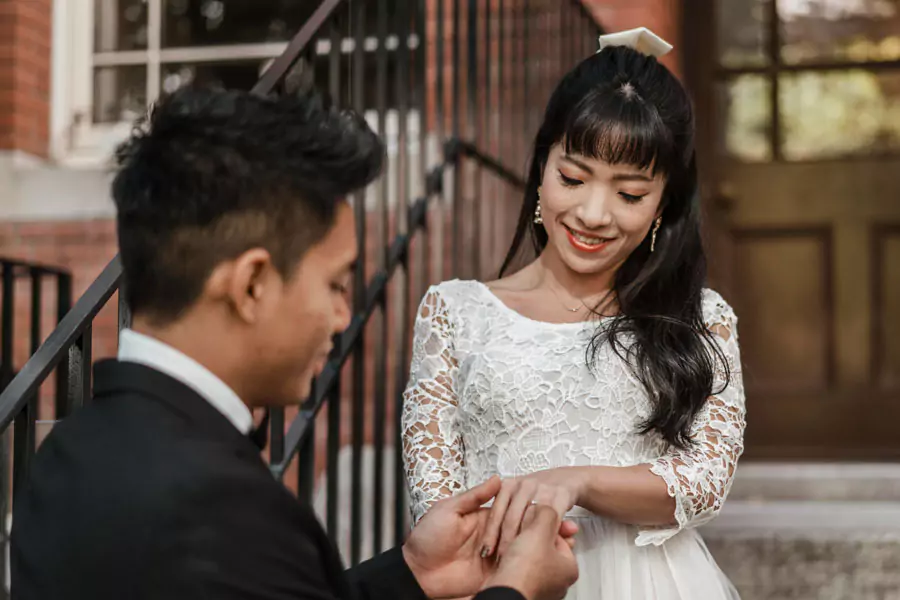

From historical times, Japan has continued to serve as a juncture where traditional values and modernity coexist in harmony. One of the strong values incorporated in Japanese society is the institution of arranged marriage, otherwise known as miai. Sometimes, in the past, arranged marriage was the normal way of entering a bond. Still, today, modern love, personal choice, and several influences have taken root in marriage relationships in Japan. This change indicates a rather interesting view; what space does arranged marriage find in contemporary Japanese culture, and what place does it occupy in modern human interaction?

Omiai is the traditional name for an arranged marriage in Japan. It is not quite the same as imposed marriages since in omiai, both persons meet and have a chance to observe their aptitude before deciding. They are normally organized by their families, matchmakers, or even professional services.
Love marriages, in which couples meet by themselves and build a relationship based on their attraction to each other, now, as opposed to earlier times, are predominantly found in contemporary Japan. The following factors have brought about this change:

| Aspect | Arranged Marriages (Omiai) | Modern Love Marriages |
|---|---|---|
| Initiation | Facilitated by family/matchmakers | Couples meet independently |
| Decision Making | Based on compatibility and family approval | Based on personal emotions and attraction |
| Courtship Process | Formal, structured, often short | Longer, more spontaneous |
| Expectations | Stability, family ties, social compatibility | Love, companionship, mutual understanding |
| Success Rate | Higher long-term stability due to shared values | Varies, often influenced by personal compatibility |
Though love marriages seem to gain ground, there are still several reasons for the survival of omiai marriages.
Many families esteem the tradition of arranged marriages to uphold family honor and cultural heritage.
Compatibility in finances, social status, and long-lasting stability are some things arranged marriages favor, which may be appealing to some individuals.
Meeting potential partners becomes harder for people nowadays due to the declining birth rate in Japan and smaller social circles.
Omiai provides a well-established introduction to potential life partners and eliminates all the uncertainty and emotional stress that typically come with modern dating.

TMA agency that aims to connect Japanese women with Western men for dating, romance, love, and marriage. Unlike traditional marriages, We believe in mentally matching women to Westerners rather than marrying them off by family.
We have built and crowned happiness for thousands of couples by creating a bridge for meaningful relationships across the boundaries of culture.
The development of the institution of marriage in Japan describes a dynamic assemblage of both tradition and modernity. While omiai remains a respected entity, love marriages, with their corresponding assertions of individual self-determination and romantic ideals, have become more important for shaping the ever-changing society in which they exist. Whether through arranged introductions or personal preferences, marriage continues to evolve in Japan in response to social change and an ever-shifting economy.